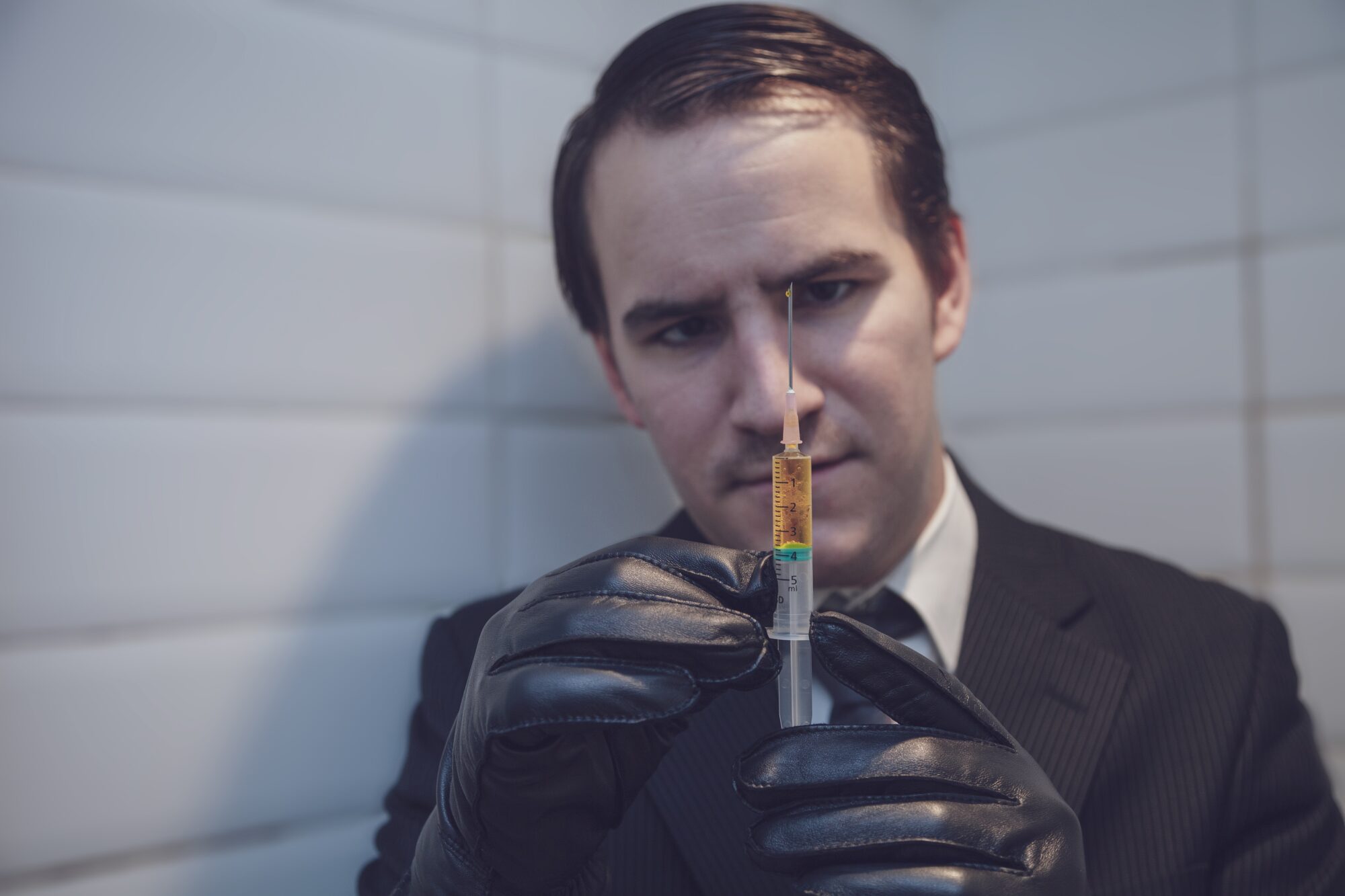
The German police are investigating a suspected poisoning of exiled Russians following a meeting in Berlin.
The possible poisonings were first reported by the Russian portal Agentstvo, and a spokesman for the German police force confirmed to various media on Sunday, May 21st, that an initial investigation is underway by the state security unit, specialised in cases related to terrorism or politically motivated crimes.
“An investigation has been opened. The probe is ongoing,” the spokesman told AFP, declining to give further details.
According to media reports, the two victims are an unidentified journalist who was treated for symptoms at the Charité hospital in Berlin and Natalia Arno, a U.S.-based activist and head of the Free Russia Foundation. They both participated in a meeting of Russian dissidents in Berlin organised by Moscow oligarch-turned-Kremlin-critic Mikhail Khodorkovsky on April 29th and 30th. Their symptoms developed around the time of the meeting.
Arno identified herself on Facebook as one of the suspected victims. In a long post, she said that during a trip to Europe at the end of April, she experienced strange symptoms that she initially attributed to jet lag. They started in the first city she visited and then intensified in the second after she found her hotel room door ajar and the room smelling of cheap perfume. She awoke early the next morning with sharp pains and changed her flight to return to the U.S. as soon as possible. Her symptoms intensified during the flight. At a hospital in the U.S., a battery of tests couldn’t identify the cause of the symptoms, which, she was told, were neurological.
“Briefly: there is a suspicion that during my recent trip to Europe, I was poisoned, possibly by some nerve agent, investigated by one (or not even one) Western intelligence agency. I still have neuropathy symptoms, but overall I feel much better,” she wrote on Facebook.
She warned her fellow dissidents and activists to be careful and implied that the Kremlin was responsible for her possible poisoning.
“The enemy has long tentacles, there is the opportunity to endanger us outside of Russia, so we need to be vigilant always, but not be afraid,” she wrote.
“Digital security training is always part of all our educational programs, but physical and situational awareness needs to be strengthened and deepened,” she also said in her post. “It’s terrible to think that you can be poisoned at any moment.”
There have been other high-profile cases of poisoning allegedly done by the Kremlin.
Arno referenced the case of Vladimir Kara-Murza, a dissident and journalist sentenced in April to 25 years in prison for speaking out against the Russian invasion of Ukraine; he nearly died from poisoning. Arno said in her Facebook post that he still suffers from multiple neurological symptoms.
According to British authorities, the former spy Sergei Skripal and his daughter Yulia were both poisoned with a nerve agent in the UK in Salisbury, in 2018 by the Russian military intelligence, according to British authorities.
Imprisoned opposition leader Alexei Navalny was poisoned by a nerve agent allegedly by the Russian secret service FSB in 2020. He was treated in the Berlin hospital Charité, the same one where the unidentified journalist of the latest suspected Kremlin poisoning was treated.
